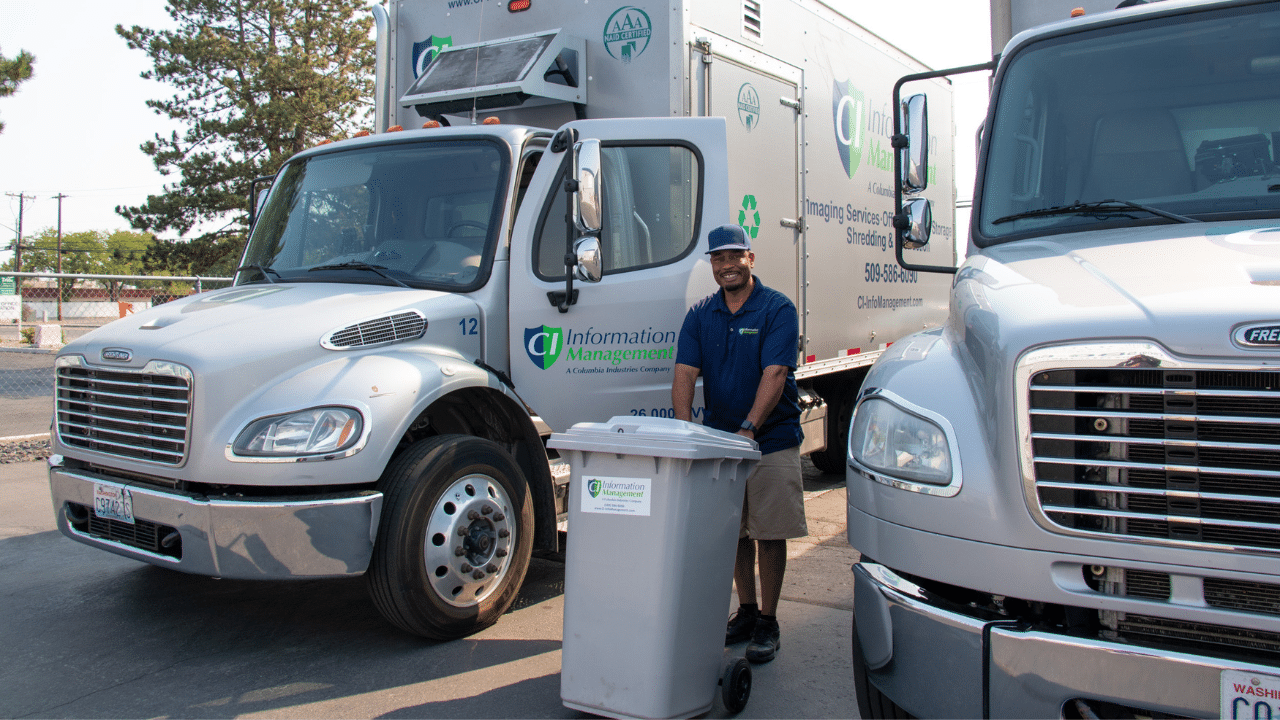
For many of us, the COVID-19 pandemic has reinforced the meaning of family. We want our loved ones to stay safe and healthy. Unfortunately, times of crisis also give rise to scams that put your family at risk. In this blog, we offer several tips for protecting your family from identity theft.
Update Your Devices
As families spend more time at home together, laptops, tablets and personal computers are being passed around the household. Between remote working and homeschooling, remembering to update each device can be a challenge. Meanwhile, your exposure to hacking and malware increases. To make sure software and network applications stay up to date with the latest security patches, schedule automatic updates on your devices. Choose “off-hours” for updates to be installed, when family members are less likely to be online.
Back Up Your Data
You know you should back up your data now, but just one time you put it off until later. In the meantime, a family member accidentally deletes an important work file. Now you have the added stress of data loss on top of an already-challenging reality. Be sure to routinely back up your files to a portable hard drive, USB device, or automatically back them up to a cloud service so you can restore them.
Watch Out for Phone Fraud
The Federal Trade Commission (FTC) recently issued a statement alerting consumers to COVID-19-related phone scams. If you receive a call claiming to be from the Internal Revenue Service (IRS), a healthcare vaccination provider, or charitable organization, it is probably a scam. Instruct your family members to never give out personal information over the phone. If you do not recognize a caller, hang up the phone. You can report suspected scam phone calls to the Federal Communications Commission (FCC).
Monitor Your Credit
Every member of your family can request a free credit report every year from each of the three major credit reporting bureaus. Scrutinize your credit report to catch any suspicious or incorrect information. Notify your credit agency of any errors or suspected fraud. It is also a good idea to freeze your child’s credit until they are of age, since identity thieves often target children’s personal information.
Shred Unwanted Documents
Think twice before tossing old bills, credit card statements, and medical records in the trash. Curbside trash and recycling bins are a gold mine for identity thieves. Always have documents with sensitive personal, financial, and medical information professionally shredded by a NAID AAA Certified provider.
By taking these proactive measures, you can keep your family safe.
CI Information Management provides full-service records and information management in the Tri-Cities, the Yakima Valley, Walla Walla, Hermiston, OR, Moses Lake, Wenatchee, and nearly everywhere in between.



